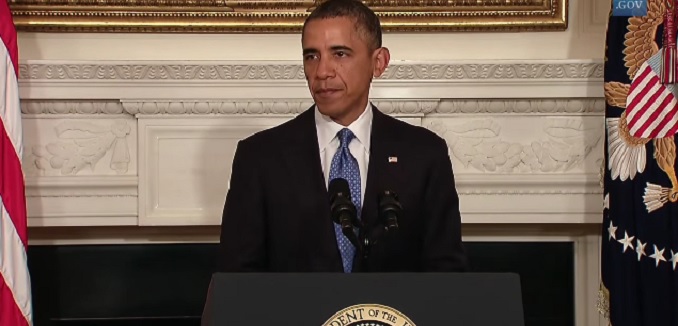The Obama administration’s approach toward nuclear talks with Iran is generating unease among Washington’s traditional Arab and Israeli allies – and will at a minimum need to be counterbalanced by robust pushback against other elements of Iran’s foreign policy – according to [PDF] testimony submitted last Thursday to the Senate Committee on Foreign Relations by veteran American diplomacy Ambassador Dennis Ross:
America’s readiness to negotiate a deal with the Islamic Republic on its nuclear program is a source of deep concern among our traditional friends in the Middle East. For the Arabs, the fear is that the deal with come at their expense, with the United States increasingly seeing Iran as a partner. For the Israelis, the worry is that we will conclude a deal that leaves the Iranians as a threshold nuclear state—capable of breaking out to nuclear weapons at a time when we might be distracted by another international crisis.
Ross also assessed that any credible deal with Iran would require convincing Supreme Leader Ayatollah Ali Khamenei that a collapse in talks “will mean enduring, severe economic pain for Iran as well as the high probability that force will be used to destroy the huge investment the Islamic Republic has made in its nuclear facilities” – a stance that he noted “would also be useful for assuaging the deep concerns our regional friends have about any possible P5+1 nuclear accord with the Iranians.”
Ross also called on the Obama administration to address Arab concerns over Iran’s ongoing efforts to destabilize Gulf states – which those states have been criticizing for years in increasingly explicit terms – by moving against Tehran’s proxies such as the Bashar al-Assad regime and blocking Iranian efforts to ship destabilizing arms across the Middle East.
Meanwhile lawmakers in the House of Representatives on Thursday authored a letter to emphasize to the President that their concerns over Iran extend beyond the country’s atomic program. The Jerusalem Post reported that Ed Royce (R-CA) and Eliot Engel (D-NY) – respectively the top figures on the House Foreign Affairs Committee – had dispatched a letter to the White House indicating that a nuclear deal with Iran may not be sufficient for Congress to remove sanctions against the Islamic regime:
“The concept of an exclusively defined ‘nuclear-related’ sanction on Iran does not exist in US law,” the letter reads. “Almost all sanctions related to Iran’s nuclear program are also related to Tehran’s advancing ballistic missile program, intensifying support for international terrorism, and other unconventional weapons programs.”
[Photo: The White House / YouTube]




